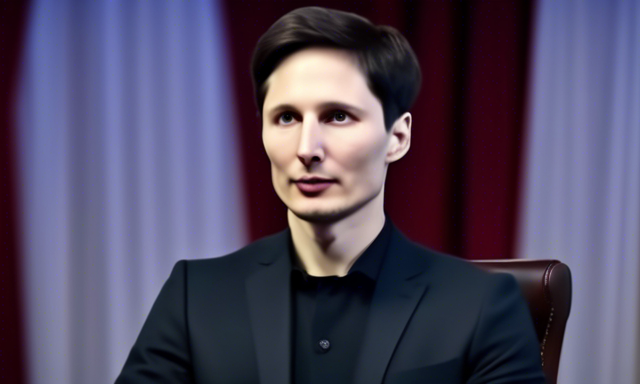Pavel Durov’s Legal Woes in France as Telegram Boss
Last week, French authorities formally investigated Russian-born Pavel Durov, the creator of the popular online platform Telegram, for suspected involvement in facilitating illicit activities, including child exploitation, drug trafficking, and fraud. Durov’s lawyer dismissed these allegations as baseless, given the platform’s vast user base of nearly one billion individuals, particularly in Russia, Ukraine, and other former Soviet nations.
Russian Support for Durov
Amid mounting pressure from Western nations on Durov and his technology companies, Russian Foreign Minister Sergei Lavrov criticized the investigation against Durov as a political move to undermine Russia. Lavrov accused Durov of disregarding Western advice on managing Telegram, suggesting that his operational independence led to these legal troubles.
- Lavrov, in a speech at Moscow’s elite MGIMO university, expressed solidarity with Durov.
- Kremlin spokesman Dmitry Peskov emphasized the need to prevent Durov’s case from becoming a politically motivated persecution.
- French President Emmanuel Macron denied any political intent behind Durov’s detention, refuting allegations of political bias.
Escalating Russia-France Relations
Lavrov underscored the significance of Durov’s arrest as an unprecedented event involving a prominent tech figure, further exacerbating tensions between Moscow and Paris.
The fallout from Durov’s legal woes raises questions about tech regulation, national sovereignty, and judicial independence in an increasingly interconnected world.
Hot Take: The Global Implications of Durov’s Legal Battle
The legal saga surrounding Pavel Durov, the brain behind Telegram, exemplifies the complex intersection of technology, geopolitics, and individual liberties. As governments grapple with the challenges posed by digital platforms, the case of Durov highlights the need for nuanced approaches to tech regulation and international cooperation.





 By
By
 By
By
 By
By

 By
By
 By
By